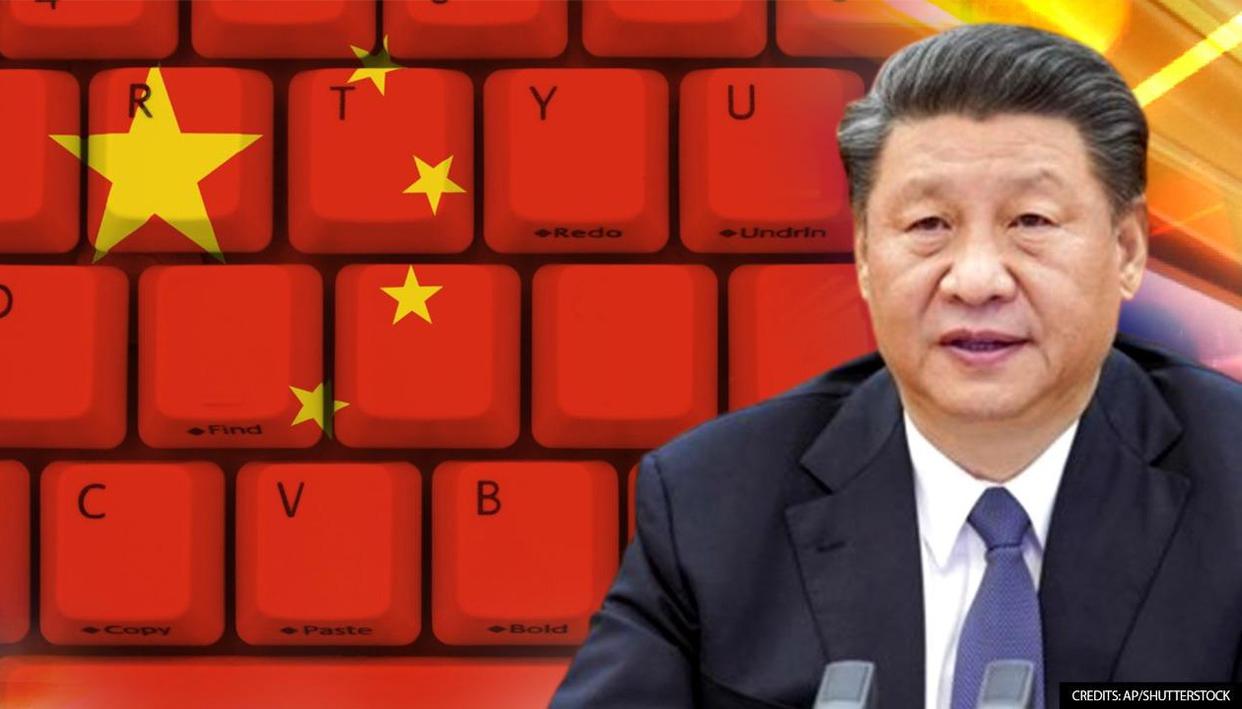China Crushes Voices Of Dissent, Deletes 2 Million Online Posts Over ‘historical Nihilism’
In a massive crackdown on ‘historical nihilists’, the Chinese government has asked various websites to delete over 2 million posts critical of its past. The move comes ahead of the Chinese Communist Party’s (CCP) 100th anniversary in July in an attempt to remove content containing “harmful” discussion of history. The Chinese government said it has overseen the deletion of more than 2 million posts from various webites.
Information regarding the same was shared by a division director at the Cybersecurity Administration of China (CAC) Wen Youhua during a press conference. “We have urged various websites to delete more than 2 million posts that violated laws or regulations,” he admitted. Wen said the deleted posts had “polluted” the online environment and his office had launched a specific campaign for the centenary.
“Since the beginning of the campaign, we have lawfully dealt with a large number of [social media] accounts that disseminated historical nihilism,” he said.
“For a while, some people have disseminated harmful information with historical nihilism on the internet, under the guise of reflection and declassification. Since the beginning of the campaign, we have lawfully dealt with a large number of social media accounts that disseminated historical nihilism.”
China’s crackdown on ‘historical nihilism’
Vowing to crack down on “historical nihilists,” China’s cyber regulator had launched a hotline on April 10 to allow people to report online comments that defame the ruling Communist Party and its history. Coined by the Chinese government, the term ‘Historical nihilism’ is used to describe public doubt and scepticism over the Chinese Communist Party’s description of past events.
The notice read: “Some with ulterior motives … have been spreading historical nihilistic misrepresentations online, maliciously distorting, denigrating and negating the history of the Party. We hope that the majority of Internet users will actively play their part in supervising society … and enthusiastically report harmful information.”
Is China scared of criticism?
China has often been accused of censoring information and has come under scrutiny especially since the outbreak of coronavirus. As questions around the origin of the pandemic continued to baffle experts and common people, China’s transparency was often doubted and questioned. The recent move by the Chinese government only shows how the internet is tightly censored in the country. Not to forget, most foreign social media networks, search engines and news outlets are banned in CCP-led China.
Earlier this year, legal amendments stipulated that people who ‘insult, slander and infringe upon’ the memories of China’s national heroes and martyrs may face imprisonment for up to three years. A 19-year-old man was reportedly arrested in April in the eastern Chinese province of Jiangsu after making “insulting” comments online about Japan’s 1937 occupation of Nanjing.
China has long been planning the centenary of the ruling party and President Xi Jinping had reportedly promised a large-scale celebration. He reportedly also urged members to ensure ‘stability’ while emphasising that “We need to educate and guide the whole party to vigorously carry forward the red tradition.”
China’s Communist Party is gearing up for a patriotic extravaganza and most of the focus will reportedly be on past. In such case, comments critical of the party and its past can pose a challenge. Widespread coverage of China’s battles against extreme poverty and corruption are expected to shower the President and his party with undue praises.
As the Chinese government pushes pomp and propaganda, the authorities have stepped up efforts to limit dissent. Other than a crackdown on online content, the Ministry of Civil Affairs has also tightened the noose around “illegal” nonprofit organizations, including religious and social groups. Efforts are being made to ensure a “good environment” for the centenary.













